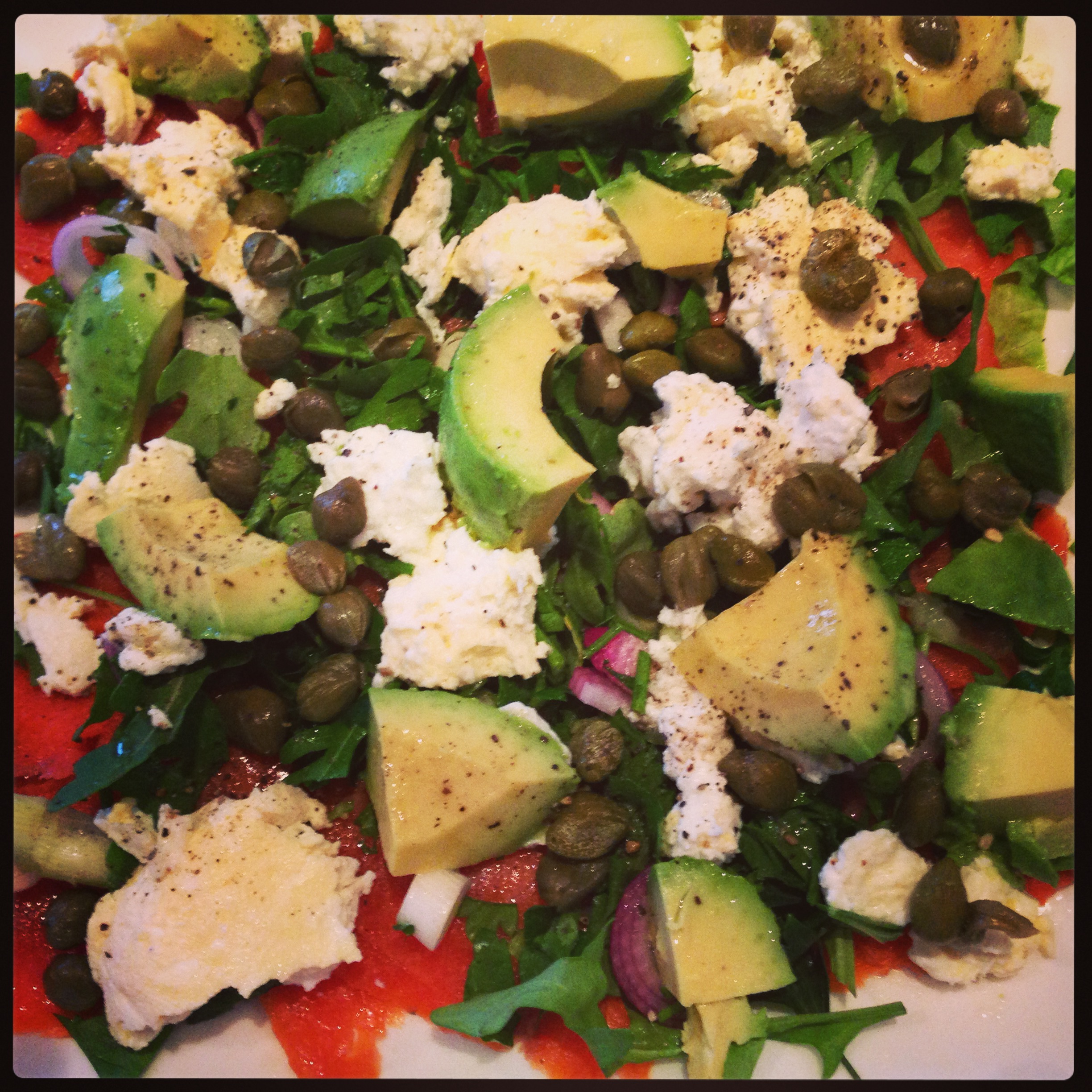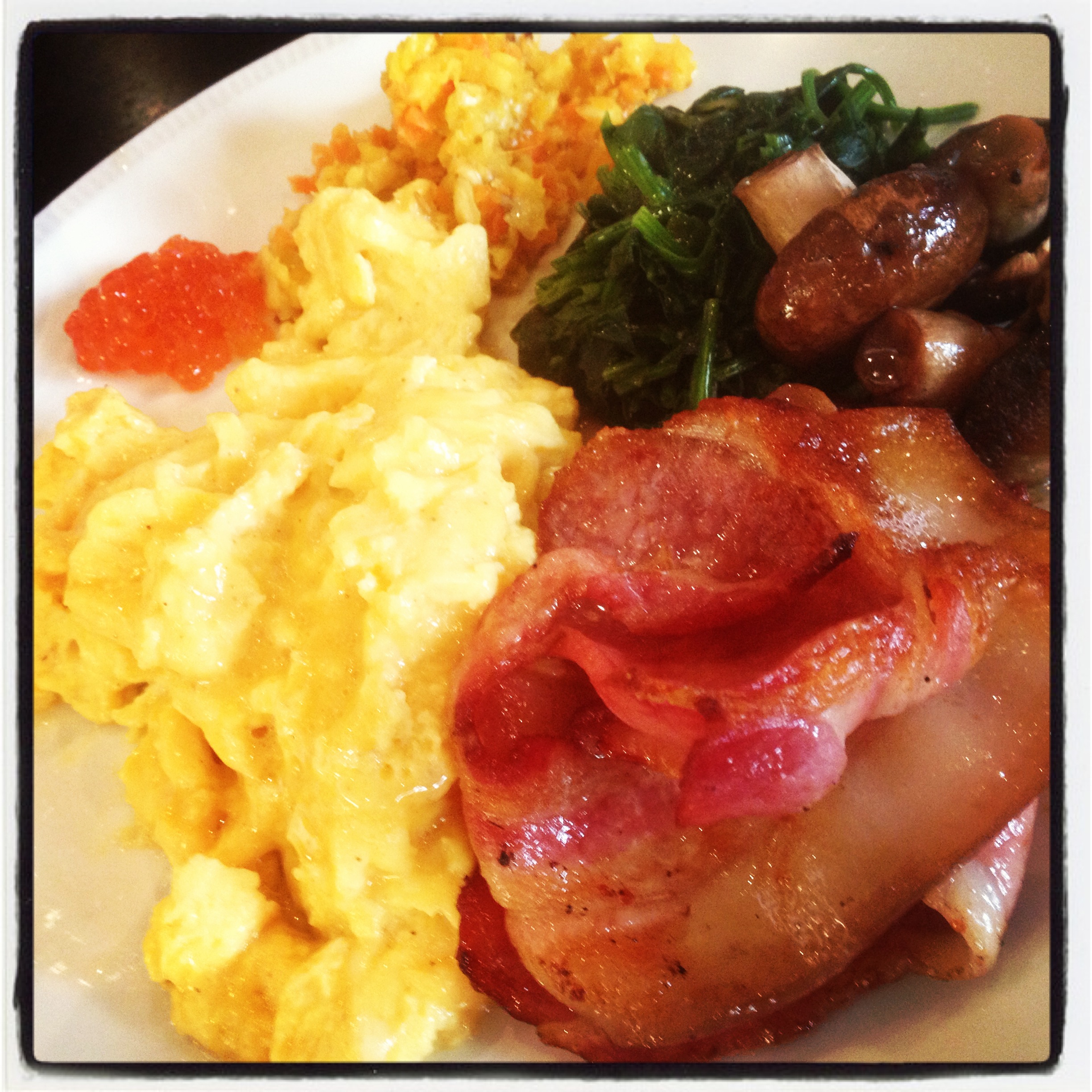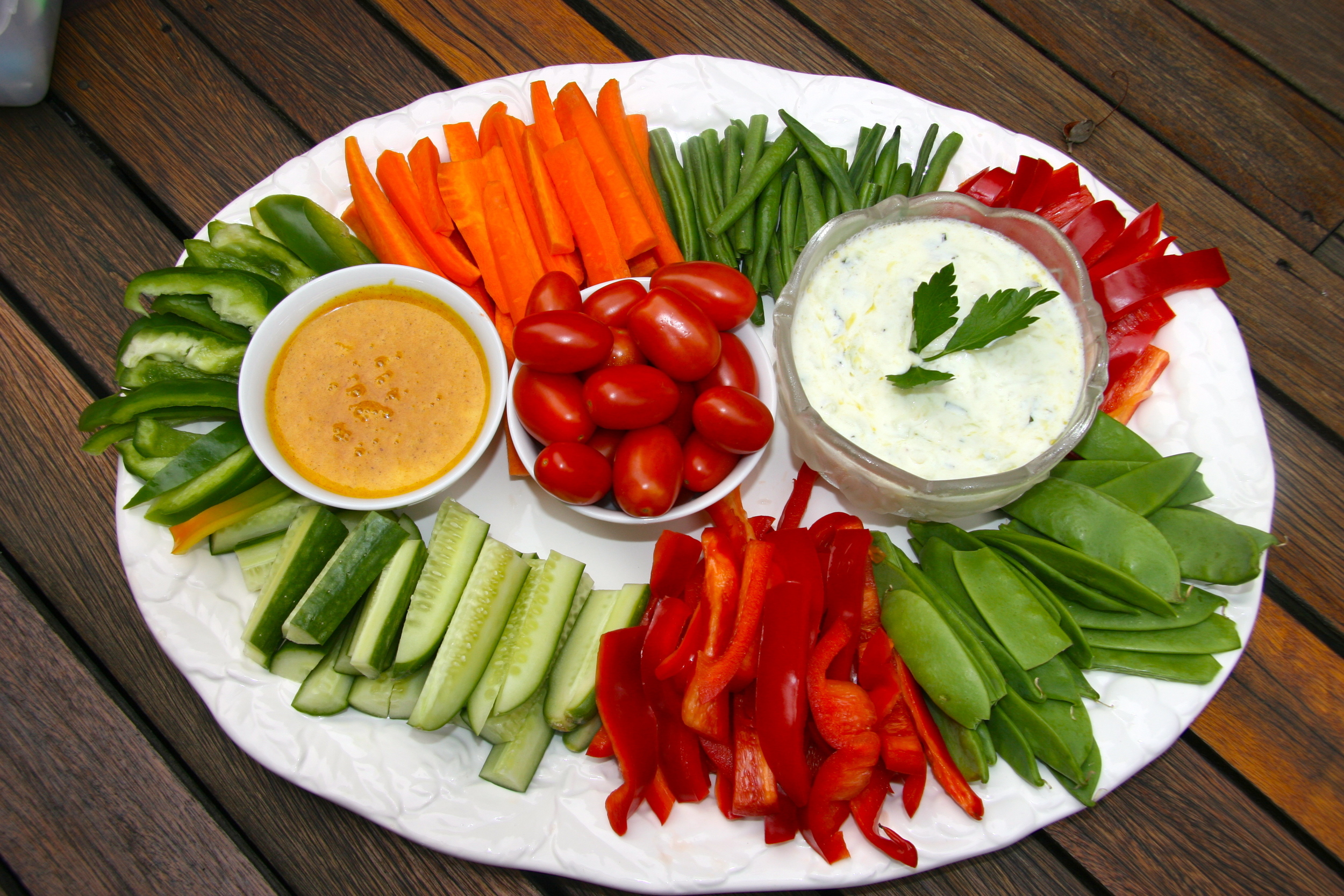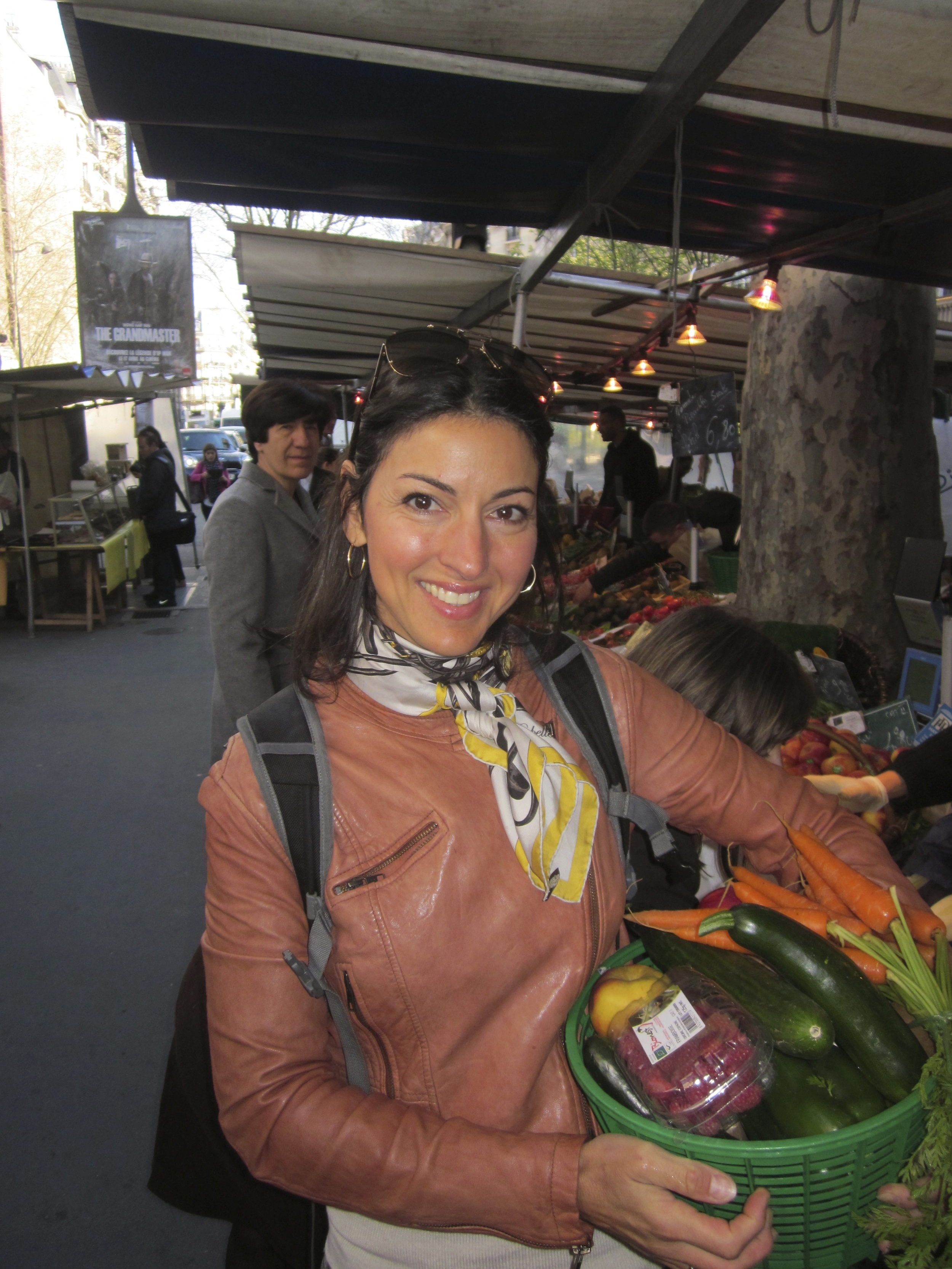 Last year I worked with the Sydney Roosters as their nutrition coach to introduce them to a nutrient-dense traditional wholefoods diet as a means of giving them the cutting edge over their competitors. This involved getting down and dirty in the kitchen week after week with some boisterous 18-24 year olds to turn the conventional food pyramid on its head and re-educate them about the fundamentals of good nutrition. Out with the sports gels, protein powders and refined carbs and in with the bone broths, pastured meats and chicken livers!! What transpired after 18 months was a transformation in the players’ health, fitness, performance and recovery times, ultimately culminating in their 2013 Grand Final victory – their first since 2002.
Last year I worked with the Sydney Roosters as their nutrition coach to introduce them to a nutrient-dense traditional wholefoods diet as a means of giving them the cutting edge over their competitors. This involved getting down and dirty in the kitchen week after week with some boisterous 18-24 year olds to turn the conventional food pyramid on its head and re-educate them about the fundamentals of good nutrition. Out with the sports gels, protein powders and refined carbs and in with the bone broths, pastured meats and chicken livers!! What transpired after 18 months was a transformation in the players’ health, fitness, performance and recovery times, ultimately culminating in their 2013 Grand Final victory – their first since 2002.

When I stared work with the Roosters in March 2012 the boys would front up to cooking classes eating whitebread sandwiches, pasta and downing Gatorade (plus they brought with them a hefty dose of cynicism that diet plays very little role in athletic performance). Wind the clock forward to today and we have a completely different picture. The main staples of their now nutrient-dense diet include pastured eggs, whole full fat dairy, grass fed and finished meats, lacto-fermented foods like sauerkraut and kefir, organ meats (like livers, lambs brains and hearts), bone broths, wild seafood, coconut oil, and fresh seasonal fruit and vegetables. After all this is the very food that sustained our hunter-gatherer ancestors – the ultimate cross trainers- for the vast majority of our existence on this planet. Grains, legumes, refined carbohydrates, processed oils and the plethora of branded sports ‘foods’ are relative newcomers to the human diet. My dietary philosophy comes down to giving the body the fuel that it is biologically designed to consume so that it can perform its very best on every level.

“The boys wouldn’t think of eating bread and pasta anymore” says forward player Marty Kennedy who, together with Roosters captain Anthony Minichiello have both embraced a traditional wholefoods diet as a lifestyle choice for many years. Indeed the stellar performances of both Kennedy and Minichiello served as inspiration for the rest of the players to adopt a similar dietary path. Kennedy and Minichiello take nutrition very seriously, paying scrupulous attention to the source and processing of their food, meal planning and strict avoidance of anything processed in any way, shape or form.
I recently interviewed Anthony Minichiello on his take on what contributed to the rise of the Roosters from 12th to 1st place on the ladder in the space of a year.
2013 saw the following 5 main changes to the Roosters:
1. New Captain (Anthony Minichiello).
2. New Coach (Trent Robinson) and a shake up in staff including Craig Fitzgibbon in a new role as assistant coach and Keegan Smith as the new strength and power coach.
3. Smarter and harder training regime. This involved greater tracking through GPS devices and building a greater strength and power base in the gym first before translating that to the field.
4. New members including Sonny Bill Williams, Maloney, Jennings and O’Donnell.
5. Each and every member fully embracing a nutrient-dense traditional wholefoods diet.

Minichiello considers that while all of the above 5 factors helped to win the Premiership, in his view “Diet is the key factor of those 5 things. Diet plays one of thebiggest roles in fitness and athletic performance. Its affects are far reaching and influences injury prevention, speed of recovery from injury, sleep quality and mental clarity. The boys are more focused, the physiques of some of the players have noticeably changed since embracing nutrient-dense wholefoods, they are more toned, we got through the season with minimal injuries and there has been quicker recovery from injuries”.
Along with Minichiello and Kennedy, coaches Craig Fitzgibbon and Keegan Smith are on exactly the same nutritional page and started eating nutrient-dense foods themselves back in 2006-7. These 4 key people have been instrumental in passing on their nutritional knowledge and lifestyle choices to the other members. Fitzgibbon and Smith reinforce the importance of nutrition to the players on a daily basis. Smith in particular can take credit for his continual reinforcement of the nutritional ideas that Minichiello, Kennedy and myself implemented. “To change the mindset of the younger players and to shift them from a conventional diet to a nutrient-dense wholefoods diet requires education and constant reinforcement on a regular basis” says Minichiello. “Keegan provides nutritional lectures to the players and his role is now 2 tiered so that in addition to strength and power coaching it also covers nutrition as a separate dedicated role. Along with nutritional theory, we discuss practical issues like where the boys should shop to buy their food in the most economical way.” Minichiello mentioned Grass Roosts Urban Butchery in Vaucluse and Kingsley Meats in Rose Bay.

So it appears that the work I did with the Roosters in 2012 planted the seeds and 2013 saw the new captain and the new coaches nurturing those seeds and tending to a forest. But forests take many many years to grow, not just a few months or ever one year. Says Minichiello “All of the work that has been done to date….the cooking classes, the work by Fitzgibbon and Smith, the daily reinforcement, the answering of questions, the night time calls between players to discuss recipes….all of these things were stepping stones in the right direction and it just so happened that this year, 2013, was the year that everything came together and the boys finally got it and embraced it.”
I asked Minichiello how receptive the players were to adopting the new dietary regime. “It depends on the player and his state of health and fitness. It is not easy to get players to adopt a completely new dietary regime when there is no catalyst for them to embrace a change” says Minichiello.

“If a player is in his mind fit and healthy, the motivation to change is hard.” Indeed the catalyst for both Minichiello and Kennedy to abandon the conventional food pyramid diet in favour of an ancestral diet was the dire deterioration in their own health. In the case of Anthony, his farm upbringing on raw milk, meat and fresh produce meant that he was injury-free for the first few years of playing professional football. Then after years of eating a conventional diet with “jelly-snakes before games and carb loading” his health started unraveling fast. The discs in his back started to dry up due to “a conventional diet, high impact sport and not resting enough”. This culminated in 2 discs rupturing, an inability to even dress himself and ultimately 2 operations followed by a serious neck injury. His surgeon was not optimistic that he would ever play sport again and said he had a very limited career trajectory. Desperation breeds creativity and what followed was a desperate search for answers. Anthony started questioning our entire food system and started talking to people with alternative health views such as Origin of Energy founder Aaron McKenzie. The next few years saw Anthony re-educating his body and his mind on what we are biologically designed to eat and how we are designed to move. MRI testing several years later showed that not only had his injuries vanished but that his discs were well hydrated. Anthony is injury-free, fighting fit and exuberates vibrant health and positivity. “My journey shows how nutrition plays a major role not just in sport but in everyday life, just to stay fit and healthy.”
Kennedy has a very similar story that led him to question the conventional food system. Earlier this year Kennedy returned to the field 9 weeks early from a knee surgery which typically takes 18 weeks torecover. Kennedy attributes his super quick recovery time to his nutrient-dense diet paying particular emphasis on the joint and cartilage building properties of bone broths.
And what about the boys on the team that haven’t suffered major health set backs, that seem to think that they are invincible eating whatever they want? “Everyone on the team is now on exactly the same nutritional page” says Minichiello. “They know from the experience of others that refined carbs and processed foods will affect their health and shorten their footy career”. As the saying goes, you can’t out-train a bad diet.
Minichiello, now 33, is considered a veteran in his field with the average age of an NRL player being early 20s. “What do you attribute your longevity in your sport to?” I asked him. “100% to my diet” was Minichiello’s reply.
 So what does the captain of the Roosters eat in a typical day during footy season?
So what does the captain of the Roosters eat in a typical day during footy season?
Breakfast (pre training): shake made with any combination of coconut water/raw milk/yogurt/kefir plus ½ cup of gelatinous beef bone broth, raw egg yolks, coconut oil, and flavoured with either raw cacao powder, berries or cinnamon powder. Sometimes raw livers are added to the smoothie “I swear you can’t taste it!” he says. When not heading off to training Anthony enjoys a leisurely bacon and egg meal for breakfast.
Lunch at stadium: leftovers from last nights dinner OR the organic food truck that delivers pastured meat and veggies to the Roosters.
Afternoon snack (post training): home made shake brought in from the morning. Sometimes some activated nuts.
Dinner: pastured meat (eg steak, pork belly, roast), cooked vegetables, salad and sauerkraut. The only fats that are used to cook with are coconut oil, butter and beef tallow. No processed oils are consumed. Vic Meats who are one of the sponsors of the Roosters also deliver grass fed and finished meats to the stadium for the players to take home for dinner.
Post dinner snack: 1 cup of beef bone broth or full fat yogurt with berries and sometimes a little raw honey.
To drink: filtered water with unrefined salt. Minnie rarely drinks alcohol. The Roosters have a policy of no drinking alcohol within a certain number of days of a match.

“This is pretty typical of what all of the players now eat. It’s great to see the kitchen at the stadium being used so much and everyone eating more and more home cooked meals” says Minichiello. “When I first stated with the Roosters the fridge in the kitchen was always empty as the majority of the boys used to buy take away fast food for lunch. Now the fridge is full with home cooked left over meals and it’s almost impossible to find space” laughs Kennedy. With Marty Kennedy moving north to the Brisbane Broncos in 2014 the question is now whether the Broncos will be the next NRL team to embrace a nutrient-dense wholefoods diet? Marty laughs when we joke about this but I have high hopes.
When I asked Minichiello what role conventional sports foods play in his diet (eg Gatorade, protein bars, protein powders, synthetic supplements?) he laughed and said emphatically “NONE!”. “All the boys know that that stuff isn’t necessary and in most cases downright harmful so none of us touch it. The only supplement I take is fermented cod liver oil” says Minichiello. It made me stop and think that the sports food industry has got millions of people worldwide fooled into thinking that they need to take marketed sports food, powders and drinks to be fitter, faster and stronger. And here we have some of the fittest, fastest and strongest athletes on the planet who went on to win the NRL Premiership without supplementing with sports foods/drinks. Surely the average man in the street can do a few gym sessions a week or compete in the odd marathon without it?
So what does 2014 hold in terms of tweaking the nutrition plan for the Roosters? 
Minichiello says that he’d like to look into the lunch truck more closely to ensure that the food is “100% clean” and similarly post game catering needs to be re-examined. Minichiello acknowledged the quandary that food sponsorships provide when those sponsors provide conventional food.
It’s been an incredible journey to witness the stellar improvement in the health, fitness and performance of the Roosters’ players this past year. Kudos to the Roosters’ coaches and staff for taking onboard the monumental challenge of encouraging the boys to make the shift from a conventional diet to a more nutrient-dense wholefoods one, ultimately giving the team the competitive edge that contributed to their 2013 Grand Final victory. And hats off to each and every player for being receptive to changing their diet and embracing an unconventional one. I look forward to seeing more great things transpire from the Roosters in 2014!

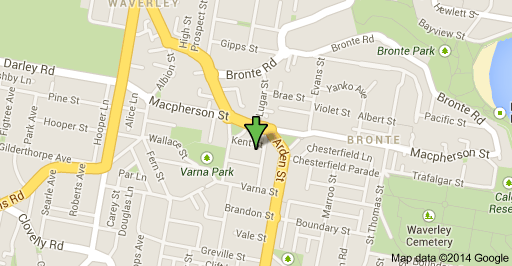 I will be shut for business for the first couple weeks of February while I settle in.
I will be shut for business for the first couple weeks of February while I settle in.
